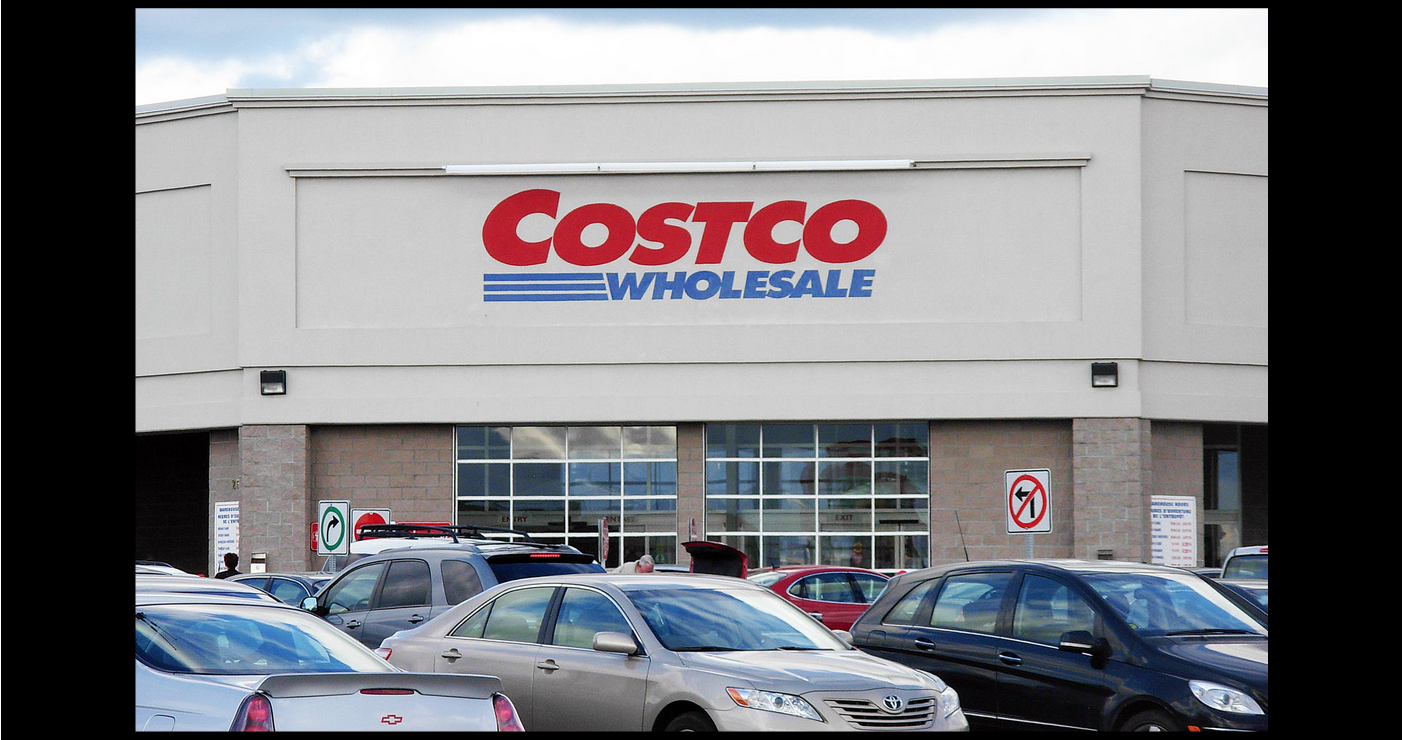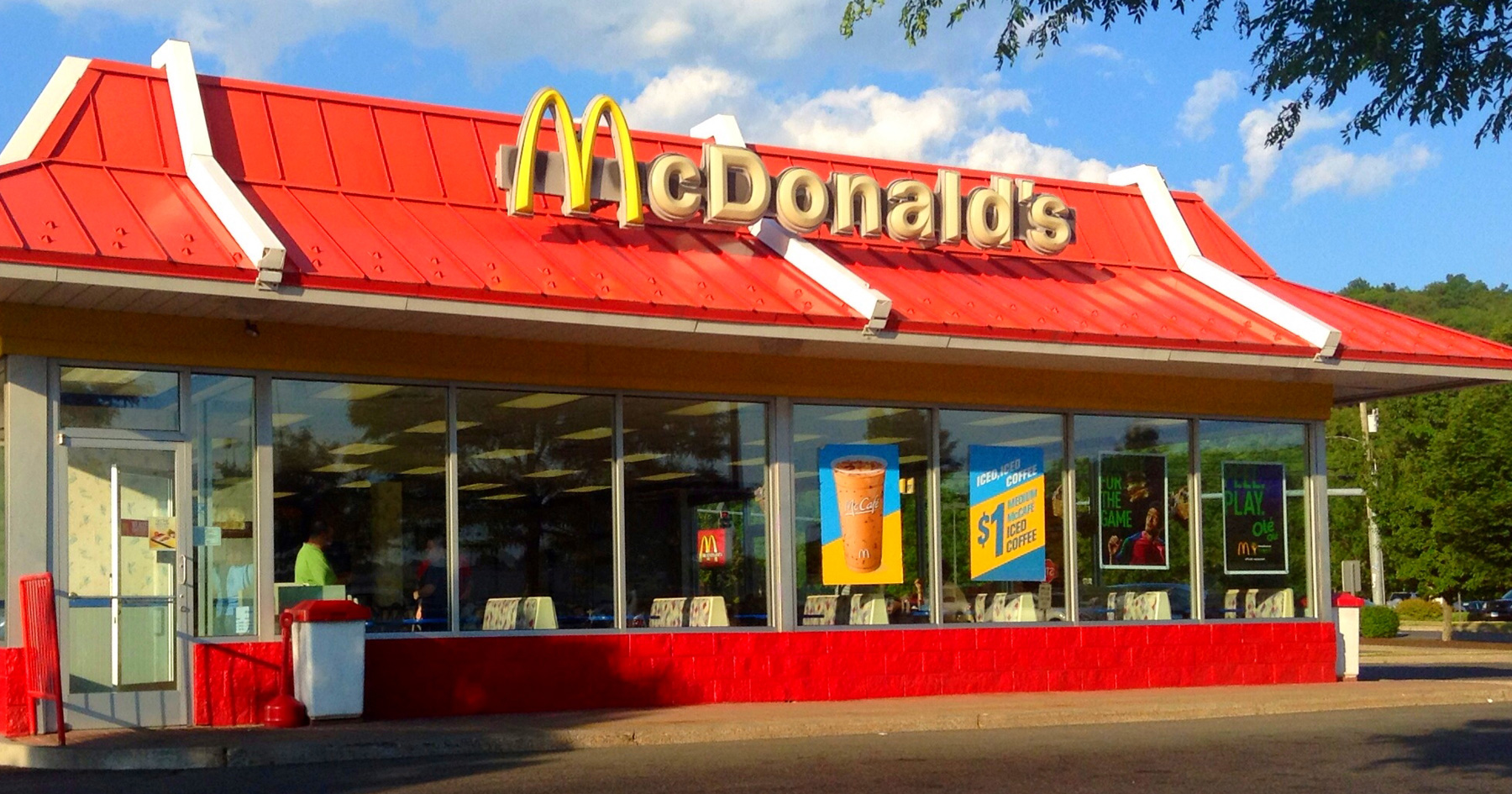The Simple Reason Costco Is Winning and McDonald's Is in Trouble
By:
There's no single definitive reason one business does better than another, but how a company treats its employees is one of the more observable indicators in success cases.
One company that boasts high salaries and good benefits packages for employees is the warehouse-club retailer Costco. The company recently reported robust fourth-quarter earnings, with net income rising ten percent to $767 million, Bloomerg reported.
RELATED: Here Are 5 Companies You Want to Work For
 wikimedia - wikimedia.org
wikimedia - wikimedia.org
Costco's success, like other retail or food service companies that pay high wages, cannot be simply attributed to wage and benefits. But multiple case studies of national chains that both perform well as businesses and provide employees with living wages and benefits certainly indicate that there's something to investing in employees.
Costco pays its average employee more than $20 an hour, meaning a fulltime employee would bring in about $43,000 annually, according to a profile of the company in Bloomberg Businessweek. The company also provides healthcare insurance to nearly 90 percent of its employees. That's a little less than twice the nation retail average for wage, and undoubtedly far and above the national average for employees on company-sponsored healthcare plans.
Those factors, combined with generally booming sales, stand in stark contrast other companies in the same stratum of prominence as Costco, which is the nation's second-largest retailer.
 Flickr/Mike Mozart - flic.kr
Flickr/Mike Mozart - flic.kr
McDonald's, the world's largest restaurant chain, for example, has reported seven consecutive quarters of declining sales (along with some small gains recently), and their poor standing among employees is well-known. In a bid to appease workers and win labor sympathy, the company announced in April that it would raise wages by an average of 10 percent and introduce paid leave and financial assistance for employees furthering their education. However, due to the fact that many stores are franchises, not corporate stores, the change affected just about 10 percent of the company's thousands of stores, leaving wages and benefits for workers at 90 percent of McDonald's restaurants untouched.
RELATED: Does Raising The Minimum Wage Kill Jobs?
None of this is to say that raising wages alone will turn around slumping sales or fix a company's public image and relationship with workers. But there is evidence suggest higher paid employees could be one important factor, and it's not limited to Costco. Other companies like Trader Joe's, and the convenience store chain QuikTrip "have built their success by investing in employees rather than on their backs," as Tony Schwarz wrote in the New York Times last year.
Schwarz's piece highlights a book written by MIT Sloan School of Management associate professor Zeynep Ton called "The Good Jobs Strategy: How the Smartest Companies Invest in Employees to Lower Costs and Boost Profits," which looks at Trader Joe's, Costco, QuikTrip, and a Spanish grocery store called Mercadona. The takeaway? While higher wages and better employee treatment isn't the only ticket to success, it leads to happier, better-working employees, who give the employer a lower turnover rate and in some cases, better sales due to better-served customers. One study Ton cites, for example, found that when a 500-store retailer put a dollar towards employees' salaries, sales rose concurrently between $4 to $28.
